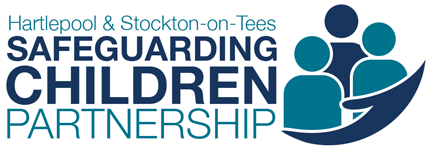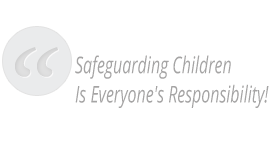There is no legal definition of Bullying, however, it’s usually defined as behaviour that is:
- Repeated
- Intended to hurt someone either physically or emotionally
- Often aimed at certain groups, eg because of race, religion, gender or sexual orientation
It takes many forms and can include:
- Physical Assault
- Teasing
- Making Threats
- Name Calling
- Cyberbullying – bullying via mobile phone or online (eg email, social networks and instant messenger)
Each school should have its own definition of bullying.
The key messages for for taking action together are:
- Bullying will only stop if we take action together: children and young people, teachers and adults in the community, parents and carers need to work together to create a society where bullying is not tolerated and where we all respond quickly and appropriately if we see bullying taking place.
- Bullying behaviour can be fuelled by the action, or lack of action of the bystander: not only children and young people who witness and sometimes actively encourage the bullying behaviour of others – but also by adults who take no action when they see children being bullied; parents who offer little support, and school and community settings that take no positive steps to prevent bullying.
- We know that significant numbers of children and young people who witness bullying still don’t tell anyone or take action to stop it: we know that there are still schools, streets, buses, playgrounds and homes where children do not feel safe from bullying but together we can take action to change this.
- The majority of children, adults, schools and communities do want to take action to tackle bullying but sometimes it can be hard to know who to tell, who can help, and what strategies really work.
- We want every child, adult, school and community organisation to make a pledge to take action against bullying. If you are a child this might mean pledging to tell an adult if you see bullying taking place; if you are a teacher – to regularly include anti-bullying messages in your lessons; a parent – to learning the signs of bullying behaviour ; an adult in the community – campaigning for safer streets for children where you live;a school – supporting a student led anti-bullying council, and if you are a club or agency working in the community this might mean developing a clear anti-bullying policy.
For further information please go to:



